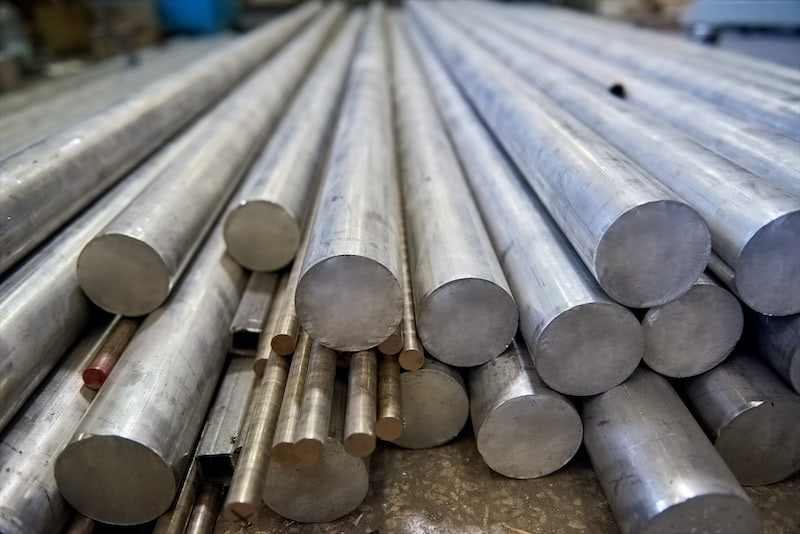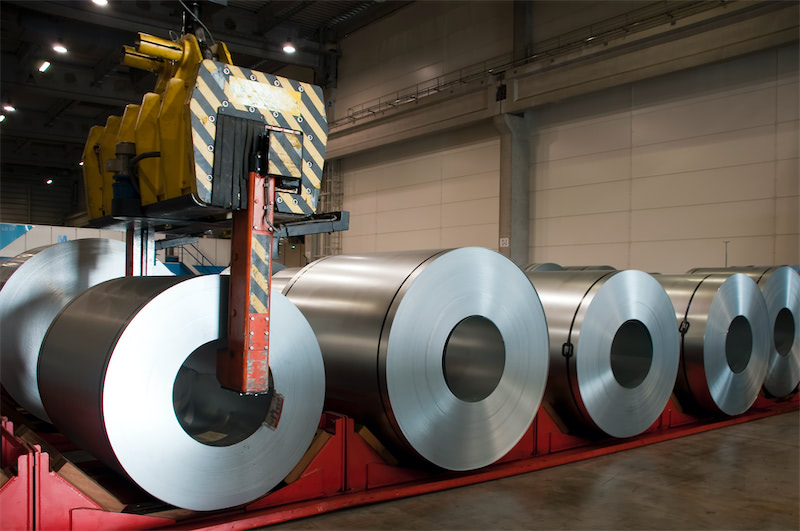October 10, 2025 News:
According to foreign media reports, South Africa is considering imposing a 25% tax on chrome ore exports as part of efforts to rescue the struggling ferrochrome industry, which has lost a significant number of jobs due to high electricity costs.
A draft economic growth strategy proposes an export tariff to maintain lower domestic chrome prices, while calling for preferential electricity prices for ferrochrome producers. The framework aims to achieve a 3.5% economic growth rate by 2030 and increase fixed asset investment.
South Africa holds over 70% of the world's chromite reserves, which is the primary raw material for producing ferrochrome, essential for stainless steel. However, as electricity price increases have outpaced inflation, major producers have been forced to close smelters, threatening up to 250,000 jobs.
In recent years, about 14 smelters have closed, resulting in the loss of 350,000 jobs across the entire ferrochrome supply chain. Business Times reported that Glencore recently announced layoffs at its plant operated in partnership with Merafe Resources; the affected facility is located in Rustenburg.
Market opinions on South Africa's tax plan vary:
①The cabinet approved the export tariff earlier this month but did not specify the rate, also approving new licensing requirements to be managed by the International Trade Administration Commission.
②Chrome ore mining companies condemned the proposal as counterproductive, with Chrome SA, representing companies such as Sibanye-Stillwater and Tharisa, arguing that export restrictions would harm already slim operations while failing to address the electricity burden. The newspaper stated that last year, chrome ore exports generated revenue of 84 billion rand.
③Menar Managing Director Vuslat Bayoglu supported the tax, calculating that, based on current prices and export volumes, a 25% levy could increase annual revenue by 34 billion rand, providing ample funding for electricity relief for smelters.
④The Ferroalloy Producers Association held an ambivalent stance, supporting the priority to combat illegal mining, which accounts for about 10% of chrome exports. Chairman Nelis Best emphasized that competitive electricity prices are the only viable solution, noting that only 8 out of 80 furnaces are still operating.
⑤Business Times reported that recent talks between Electricity Minister Kgosientsho Ramokgopa, Glencore, Samancor, and Eskom did not yield any solutions.
![Before the holiday, the black chain is unlikely to see a trend-driven market [SMM Steel Industry Chain Weekly Report].](https://imgqn.smm.cn/usercenter/zUFfM20251217171748.jpg)

![[SMM Chromium Daily Review] Inquiries and Transactions Weakened, Chromium Market Showed Mediocre Performance Before the Holiday](https://imgqn.smm.cn/usercenter/ENDOs20251217171718.jpg)
